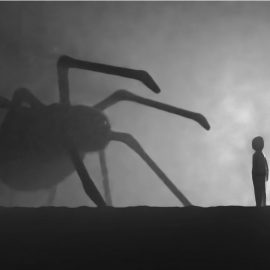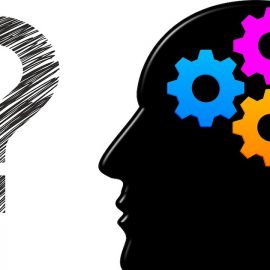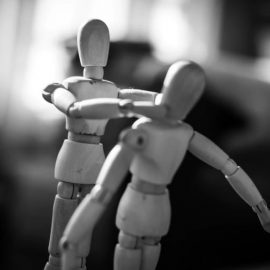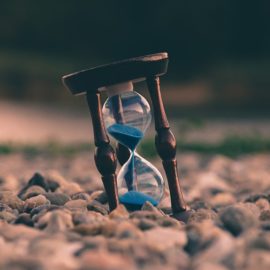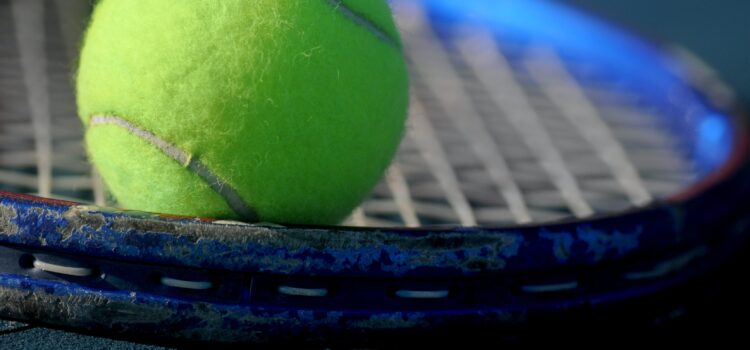
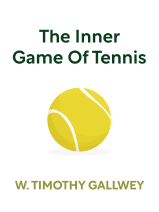
This article is an excerpt from the Shortform book guide to "The Inner Game of Tennis" by W. Timothy Gallwey. Shortform has the world's best summaries and analyses of books you should be reading.
Like this article? Sign up for a free trial here .
What is your outer self? How does it benefit your game of tennis?
Your outer self in tennis is the physical part of your game. You have to trust in self 2 and its abilities in order to be successful.
Read more about the outer self in tennis and what it means.
Believing in Self 2, The Outer Self
Now that we’ve discussed getting rid of self-judgment and quieting Self 1, we’ll move to finding self-confidence. This will allow you to give yourself over fully to Self 2.
Your body performs all kinds of effort unconsciously—talking, reading, doing the necessary things to survive. All of this is completely removed from Self 1—you don’t have to actively tell yourself to do any of these functions.
Think about this in relation to tennis—there are all kinds of calculations that Self 2 does just to do something like return a serve: calculate speed, wind, direction, how quickly to swing, and so on. This is all done in somewhere around a second. The human body can clearly do remarkable things on and off the tennis court—you just have to use it correctly.
We should be proud of the incredible things we can do rather than embarrassed by the things we cannot. It doesn’t make much sense to be denigrating ourselves all the time for failing to complete actions that are remarkable. Additionally, Self 2 can pick up new skills very quickly. We should get excited about the new skills that we are learning.
Respecting Self 2
Most of the problems previously described here, like giving too much self-instruction or trying too hard, come from Self 1 not acknowledging Self 2’s capabilities. The outer self should be trusted.
The maxim that we should all instead live by is “trust thyself.” This is not positive thinking. Rather, it is just allowing your body to hit the ball, or letting Self 2 do something like hit a powerful backhand.
Trusting Relationships
Self 1 and Self 2 are a bit like parent (Self 1) and child (Self 2). Trusting parents will let their children try things and make mistakes because it helps them grow.
If there is no trust between Self 1 and Self 2, we will see the physical tightening previously discussed. If you exert too much effort, you use more muscles than are necessary. This both wastes energy and interferes with the action, because some tightened muscles don’t allow others to relax that need to.
This is clear in tennis—a relaxed wrist allows for a snap and more torque, adding more power to the ball. If muscles are too tight, the ball will be less accurate and slower.
We should trust tennis strokes like capable parents trust their kids to learn to walk. Don’t identify with the stroke, in the same way the parent wouldn’t identify with the child who’s unable yet to walk.

———End of Preview———
Like what you just read? Read the rest of the world's best book summary and analysis of W. Timothy Gallwey's "The Inner Game of Tennis" at Shortform .
Here's what you'll find in our full The Inner Game of Tennis summary :
- Why tennis is actually a mind game
- How to quiet the mind and concentrate intently
- Why your self-worth shouldn't be dependent on how you do in competition

